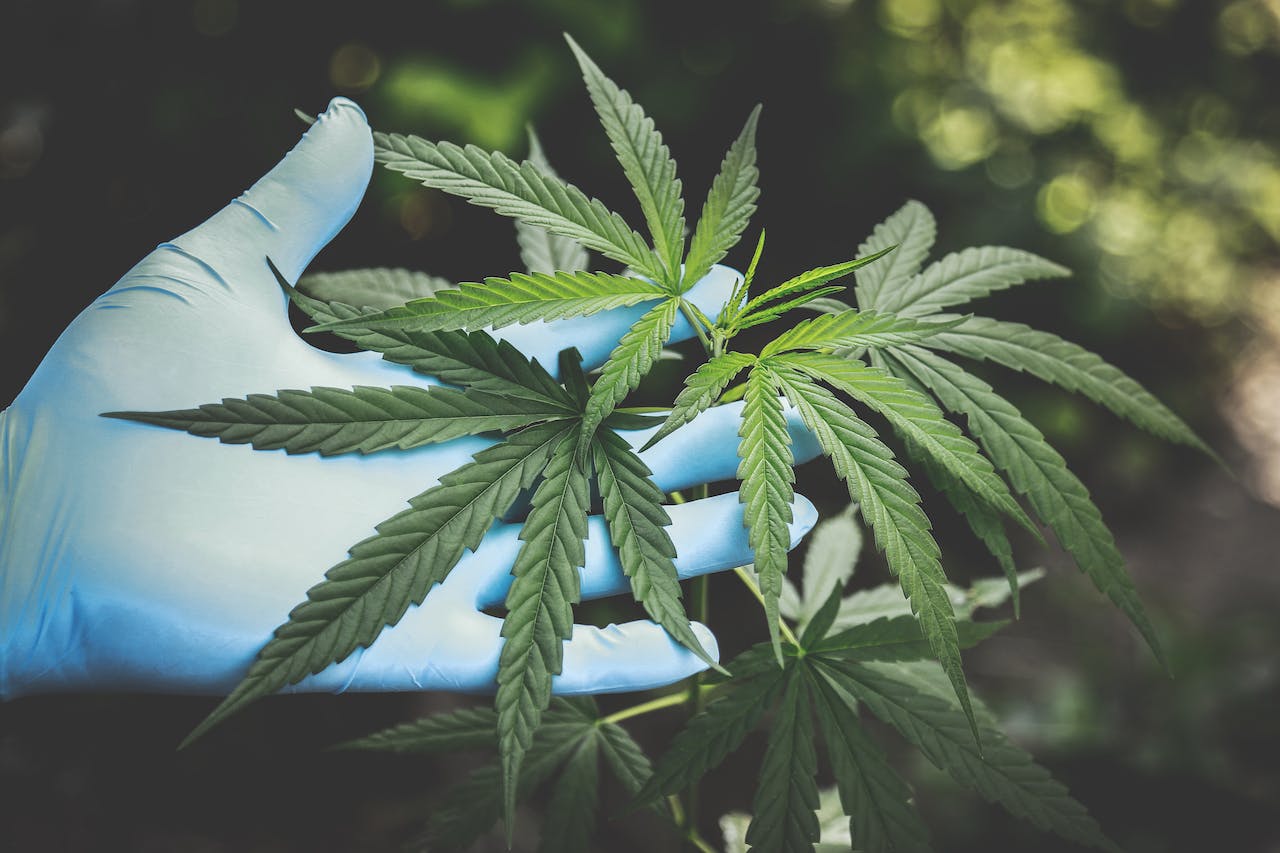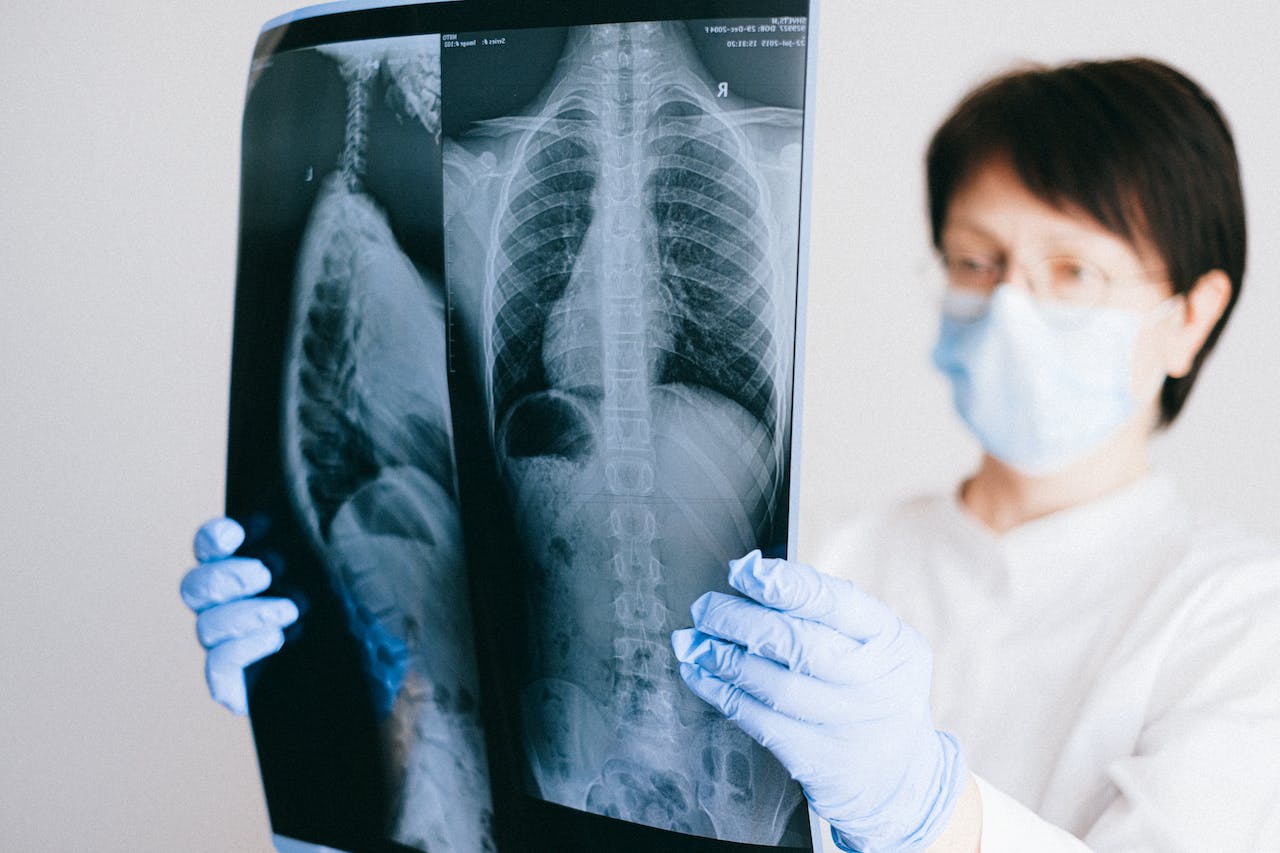TL;DR: Medical Cannabinoids in the UK
- Effectiveness for Various Conditions: Medical cannabinoids have shown promise in treating conditions like chronic pain, epilepsy, and multiple sclerosis, with ongoing research to expand their applications.
- Prescription Process: In the UK, medical cannabinoids are prescribed under strict guidelines, primarily for conditions where other treatments have failed.
- Regulatory Landscape: The use of medical cannabinoids is strictly regulated in the UK, with prescriptions mostly limited to specialists in the relevant medical fields.
- Availability and Forms: Medical cannabinoids are available in various forms, including oils, capsules, and nasal sprays, allowing for tailored treatment approaches.
- Consideration of Side Effects: While beneficial for some, medical cannabinoids can have side effects, and their use must be carefully weighed against potential risks by healthcare professionals.
In recent years, the conversation around medical cannabinoids in the UK has evolved significantly. With growing research supporting their potential benefits, patients curious about medicinal cannabis now have more information and access than ever before. This guide aims to provide an overview of medical cannabinoids, their legal status, potential uses, and what patients in the UK need to know.
What Are Medical Cannabinoids in the UK?
Medical cannabinoids are active compounds extracted from the cannabis plant, which have been the focus of increasing medical interest and research. The two most prominent cannabinoids are Cannabidiol (CBD) and Tetrahydrocannabinol (THC).
Cannabidiol (CBD): CBD is a non-psychoactive compound, meaning it does not produce the ‘high’ commonly associated with cannabis use. This characteristic makes it an appealing option for patients seeking potential therapeutic benefits without the mind-altering effects. CBD has been studied for its role in relieving symptoms associated with various conditions such as anxiety, depression, and chronic pain. It is also the primary active ingredient in Epidiolex, the first cannabis-derived medication approved by regulatory authorities for the treatment of certain types of epilepsy.
Tetrahydrocannabinol (THC): THC is the main psychoactive component of the cannabis plant. It is responsible for the ‘high’ sensation but also has medicinal properties. THC can help alleviate pain, nausea, and muscle spasticity and stimulate appetite, which can be beneficial for patients undergoing treatments like chemotherapy. However, due to its psychoactive effects, the medical use of THC is more regulated and is typically considered in cases where other treatments have failed.
Other Cannabinoids: Besides CBD and THC, the cannabis plant contains over 100 other cannabinoids, such as Cannabinol (CBN) and Cannabigerol (CBG), each potentially offering unique therapeutic benefits. Researchers continue to explore these compounds, seeking to understand their individual and combined effects on various medical conditions.
The Entourage Effect: This term refers to the theory that cannabinoids can work better when used together, as they naturally occur in the cannabis plant, rather than when used individually. The idea is that the combination of cannabinoids, along with other compounds found in the plant like terpenes, can enhance the therapeutic effects and mitigate side effects.
How Cannabinoids Work: Cannabinoids interact with the body’s endocannabinoid system (ECS), a complex cell-signalling system involved in regulating a range of functions, including pain, mood, appetite, and sleep. The ECS has two primary receptors, CB1 and CB2. THC binds to these receptors, especially CB1 receptors in the brain, resulting in the psychoactive effects. CBD, on the other hand, does not bind directly to these receptors but influences them indirectly and also interacts with other receptors in the body, contributing to its therapeutic effects.
In conclusion, medical cannabinoids represent a diverse and promising field in medicine, offering potential relief for a variety of conditions. Their complexity and varying effects underscore the importance of careful study and clinical trials to fully understand and harness their therapeutic potential.

Conditions Treated with Medical Cannabinoids
In the UK, the use of medical cannabinoids has been authorised for a range of medical conditions, offering new avenues for treatment where traditional therapies may have fallen short. Here’s a closer look at some of the key conditions where medical cannabinoids are being used:
Chronic Pain: One of the primary uses of medical cannabinoids in the UK is for the management of chronic pain. This includes conditions like neuropathic pain, where traditional pain relief methods may not be effective. Patients suffering from chronic pain conditions such as arthritis or fibromyalgia may find relief with cannabinoid therapies.
Severe Forms of Epilepsy: The UK has recognized the benefits of cannabinoids, particularly CBD, in managing severe and rare forms of epilepsy. This includes conditions like Dravet syndrome and Lennox-Gastaut syndrome, where CBD has been effective in reducing the frequency and severity of seizures. Epidiolex, a CBD-based medication, is one such example used for treatment.
Multiple Sclerosis (MS): For MS patients, cannabinoids have been found to alleviate symptoms such as muscle stiffness and spasms. In the UK, Sativex, a cannabis-derived oral spray containing a combination of THC and CBD, is one of the treatments prescribed for managing these symptoms in MS patients.
Nausea and Vomiting Due to Chemotherapy: THC is recognised for its effectiveness in reducing nausea and vomiting associated with chemotherapy. This can also help in improving the appetite of cancer patients undergoing such treatments, addressing issues of weight loss and malnutrition.
Current Research and Future Potential:
- Mental Health Disorders: Ongoing research in the UK is examining the role of cannabinoids in treating conditions like anxiety and depression. However, more extensive studies are needed to fully understand their effectiveness and safety in mental health treatment.
- Neurodegenerative Disorders: Early research suggests cannabinoids may have beneficial effects in neurodegenerative diseases like Alzheimer’s and Parkinson’s, particularly in managing symptoms and offering neuroprotective benefits.
- Cancer-Related Symptoms: Cannabinoids are also being explored for their potential role in managing pain and other symptoms associated with cancer, as well as in directly affecting cancer cell growth in certain types.
- Gastrointestinal Disorders: Conditions such as inflammatory bowel disease (IBD) might benefit from cannabinoid therapy, with early studies indicating potential relief from inflammation and associated pain.
- Sleep Disorders: The potential of cannabinoids to improve sleep quality in disorders like insomnia is another area of interest, with ongoing research into their efficacy.
While the therapeutic landscape of medical cannabinoids in the UK is promising, it’s important for patients to approach this treatment option with caution and under the guidance of healthcare professionals. With continuous research and evolving regulations, the role of medical cannabinoids in the UK’s healthcare system is likely to expand, offering new possibilities for patient care.

Access and Prescription of Medical Cannabinoids in the UK
The process of obtaining a prescription for medical cannabinoids in the UK is distinct and carefully regulated to ensure patient safety and appropriate use. Here’s a more detailed look at how patients can access these treatments:
1. Referral to a Specialist Consultant:
- In the UK, access to medical cannabinoids is typically initiated through a referral to a specialist consultant. General practitioners (GPs) do not usually prescribe these medications.
- These specialists are often experts in the specific condition being treated, such as neurology for epilepsy or oncology for cancer-related symptoms.
2. Thorough Assessment by a Specialist:
- The specialist conducts a comprehensive evaluation of the patient’s medical history, current health status, and the specifics of their condition.
- This assessment also includes a review of previous treatments the patient has undergone to ascertain their effectiveness and any side effects experienced.
3. Consideration as a Secondary Treatment Option:
- Medical cannabinoids are generally considered only after other standard treatments have failed to provide adequate relief or have caused unacceptable side effects.
- The specialist will evaluate the potential benefits and risks of using medical cannabinoids in the context of the patient’s specific medical condition.
4. Obtaining a Prescription:
- If deemed suitable, the specialist can then prescribe medical cannabinoids. The prescription will specify the type of cannabinoid, the form (such as oil, capsule, or spray), dosage, and the duration of the treatment.
- In some cases, patients might need to fulfill certain criteria or participate in a monitoring program as part of their treatment plan.
5. Monitoring and Evaluating the Patient’s Response:
- Ongoing monitoring is crucial to assess the effectiveness of the treatment and to monitor for any adverse effects.
- Follow-up appointments are scheduled to review the patient’s response to the medication, adjust dosages if necessary, and ensure that the benefits continue to outweigh any risks.
6. Continued Care and Support:
- Healthcare professionals provide ongoing support and guidance to patients receiving medical cannabinoid treatments.
- This may include managing side effects, addressing any concerns about the medication, and providing advice on lifestyle adjustments to complement the treatment.
7. Adjustments to Treatment:
- Based on the patient’s response, the specialist may adjust the treatment plan. This can include changing the dosage, trying a different form of cannabinoid, or discontinuing the treatment if necessary.
Access to medical cannabinoids in the UK involves a stringent process that prioritises patient safety and the appropriateness of treatment. It is a collaborative effort that requires careful assessment and ongoing management by specialist healthcare providers. Patients interested in exploring this treatment option should discuss it with their GP, who can provide an initial evaluation and, if appropriate, a referral to a specialist for further assessment.

Forms of Medical Cannabinoids in the UK
In the UK, medical cannabinoids are available in a variety of forms to accommodate different treatment needs and preferences. Here’s a brief overview of each form:
1. Oils:
- Cannabinoid oils are one of the most common forms prescribed. They are typically administered using a dropper under the tongue for quick absorption into the bloodstream.
- Dosage can be precisely controlled, and oils are often preferred for conditions that require a rapid onset of effects.
2. Capsules:
- Capsules offer a convenient and discreet way to consume medical cannabinoids. They provide a pre-measured dose, ensuring consistency in intake.
- This form is suitable for patients who prefer not to taste the cannabis oil or for those who require long-lasting effects, as capsules release the medication slowly over time.
3. Nasal Sprays:
- Nasal sprays are used for fast absorption of cannabinoids through the nasal mucosa. This form can be particularly effective for rapid relief of symptoms like acute pain or seizures.
- They are a viable option for patients who may have difficulty with oral administration.
4. Orally Administered Liquids:
- These are similar to oils but may come in different formulations or flavors. They are administered orally and are absorbed through the digestive system.
- This form can be beneficial for patients who require a liquid intake due to swallowing difficulties or other medical reasons.
Choosing the Right Form:
- The choice of the form of medical cannabinoid depends largely on the patient’s specific condition, the required dosage, the desired speed of onset, and the duration of the effect.
- It’s also influenced by personal preferences and practical considerations, such as ease of use and the patient’s lifestyle.
- The prescribing doctor will recommend the most appropriate form based on a comprehensive assessment of these factors.
The diversity in forms of medical cannabinoids allows for tailored treatment approaches that can adapt to the unique needs of each patient in the UK. It’s important for patients to discuss these options thoroughly with their healthcare provider to determine the best form for their individual circumstances.

Safety and Side Effects of Medical Cannabinoids
Medical cannabinoids, like any medication, come with potential side effects that patients should be aware of. While they can offer significant therapeutic benefits, understanding the safety profile and possible adverse effects is crucial for informed treatment decisions. Here’s a look at the safety and side effects of medical cannabinoids.
Safety Considerations:
- Interaction with Other Medications: Cannabinoids can interact with other medications, either enhancing or diminishing their effects. It’s important to discuss your current medications with your healthcare provider.
- Underlying Health Conditions: Patients with certain health conditions, such as liver diseases, mental health disorders, or cardiovascular conditions, should use cannabinoids with caution.
- Pregnancy and Breastfeeding: The use of cannabinoids is generally not recommended during pregnancy or breastfeeding due to potential risks to the baby.
Monitoring and Guidance:
- Ongoing monitoring by a healthcare provider is essential to manage any side effects and adjust treatment as needed.
- Patients should be open about any adverse effects they experience and not hesitate to contact their healthcare provider for advice.
Common Side Effects:
- Dizziness: This is one of the most commonly reported side effects, particularly with cannabinoids that contain THC, due to its psychoactive properties.
- Dry Mouth: Cannabinoids can affect saliva production, leading to a sensation commonly referred to as “cottonmouth.”
- Fatigue and Drowsiness: Patients may experience tiredness, which can be more pronounced with certain formulations or dosages.
- Gastrointestinal Issues: Some individuals might experience digestive issues such as diarrhea or changes in appetite.
- Mood Changes: Particularly with THC-containing products, some patients report alterations in mood, which can include anxiety or euphoria.
Less Common but Serious Side Effects:
- Cognitive Impairments: THC can cause short-term cognitive effects, particularly impacting memory and concentration.
- Psychological Effects: In some cases, particularly with high doses of THC, patients might experience anxiety, paranoia, or hallucinations.
- Increased Heart Rate: THC can temporarily increase heart rate, which might be a concern for patients with certain heart conditions.
While medical cannabinoids can be beneficial for various medical conditions, it’s important for patients to be aware of potential side effects and to use these treatments under the guidance of a healthcare professional. Regular follow-ups and open communication with your healthcare provider will help ensure the safe and effective use of medical cannabinoids.
Conclusion
In summary, medical cannabinoids present a promising addition to the landscape of medical treatments available in the UK, offering relief and improved quality of life for patients with a range of conditions. From chronic pain and severe forms of epilepsy to multiple sclerosis and the side effects of chemotherapy, cannabinoids have demonstrated significant potential. However, their use must be approached with an understanding of the strict regulatory environment, the careful prescription process involving specialist consultants, and the variety of available forms tailored to individual patient needs.
The safety and side effects of medical cannabinoids are important considerations, and patients should maintain open communication with their healthcare providers to navigate these aspects effectively. As research continues to evolve, we may see an expansion in the use of medical cannabinoids for additional health conditions, along with a deeper understanding of their therapeutic potential and limitations.
For patients in the UK curious about or considering medical cannabinoids, it is vital to proceed with informed caution, seek professional medical advice, and view these treatments as part of a comprehensive care plan. The landscape of medical cannabinoids is a dynamic and evolving field, reflecting the broader shift towards more personalised and innovative approaches in healthcare.


